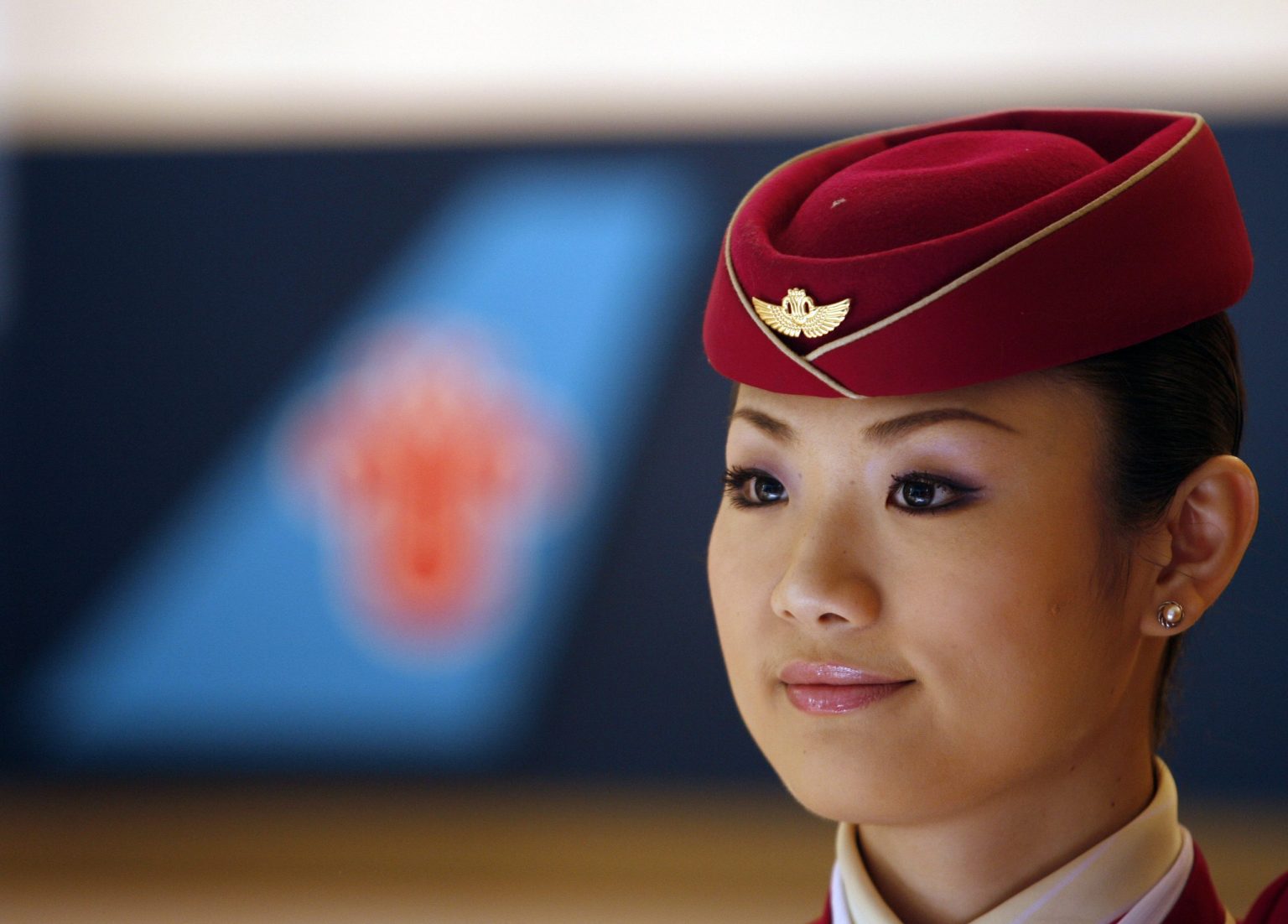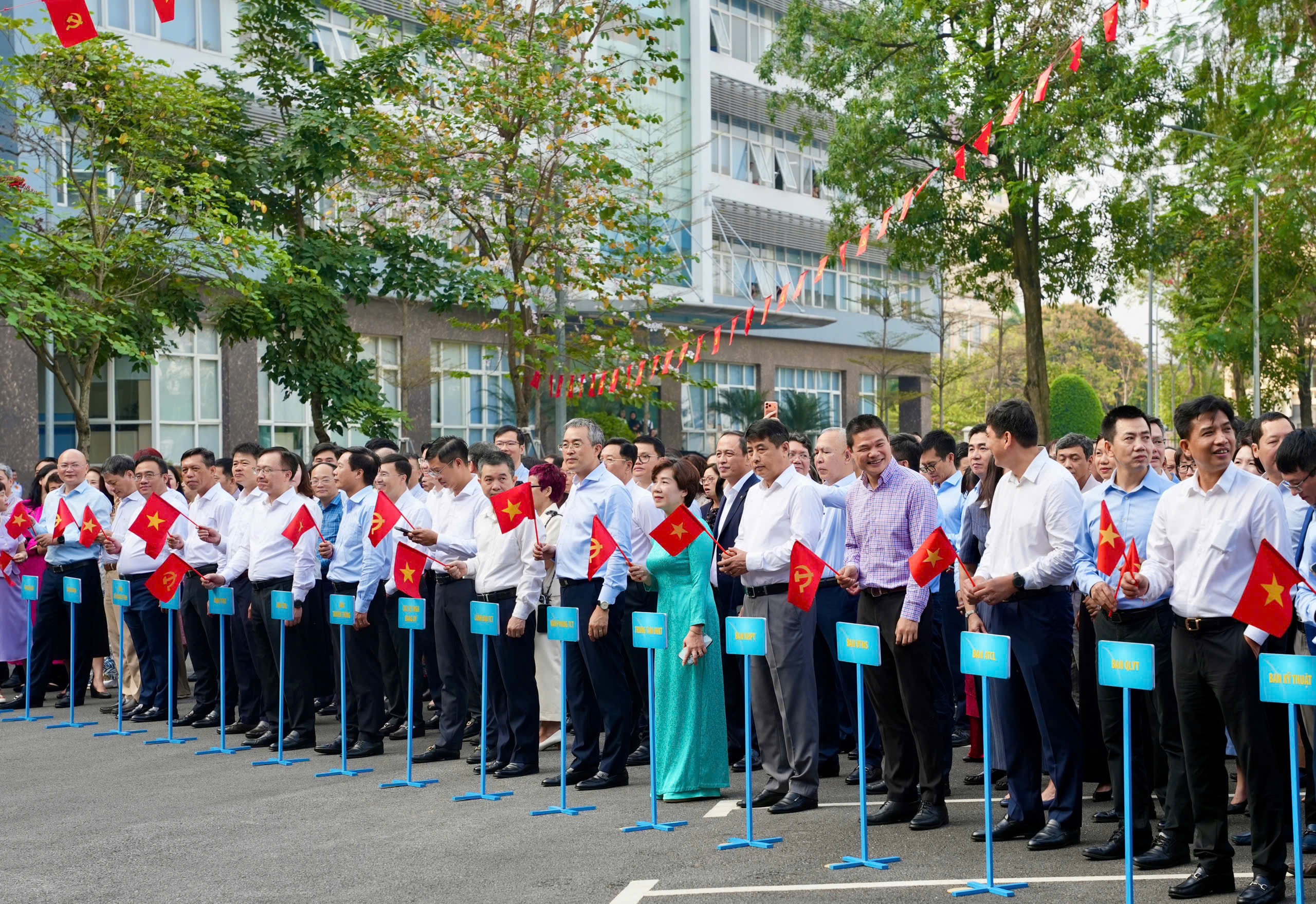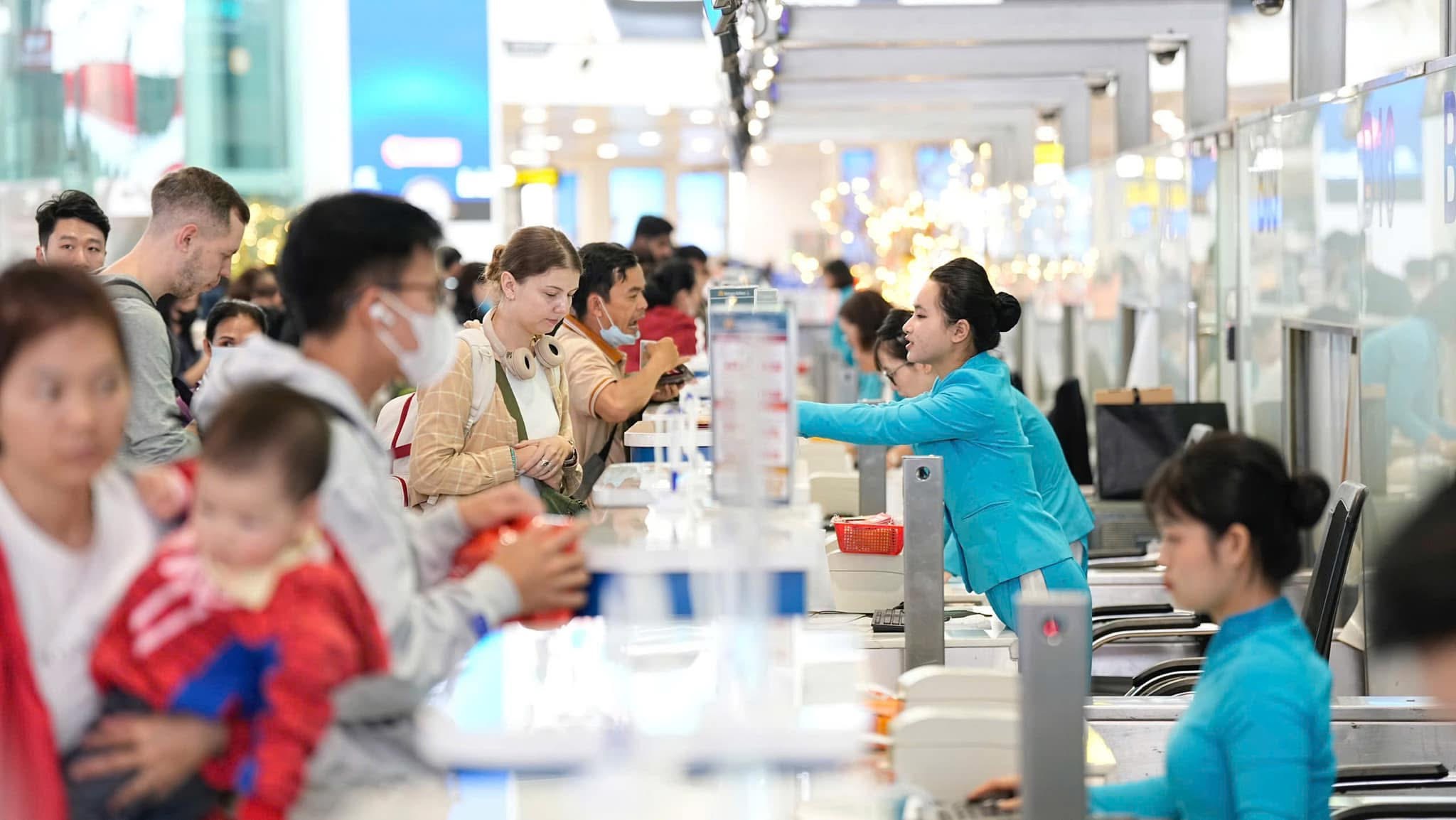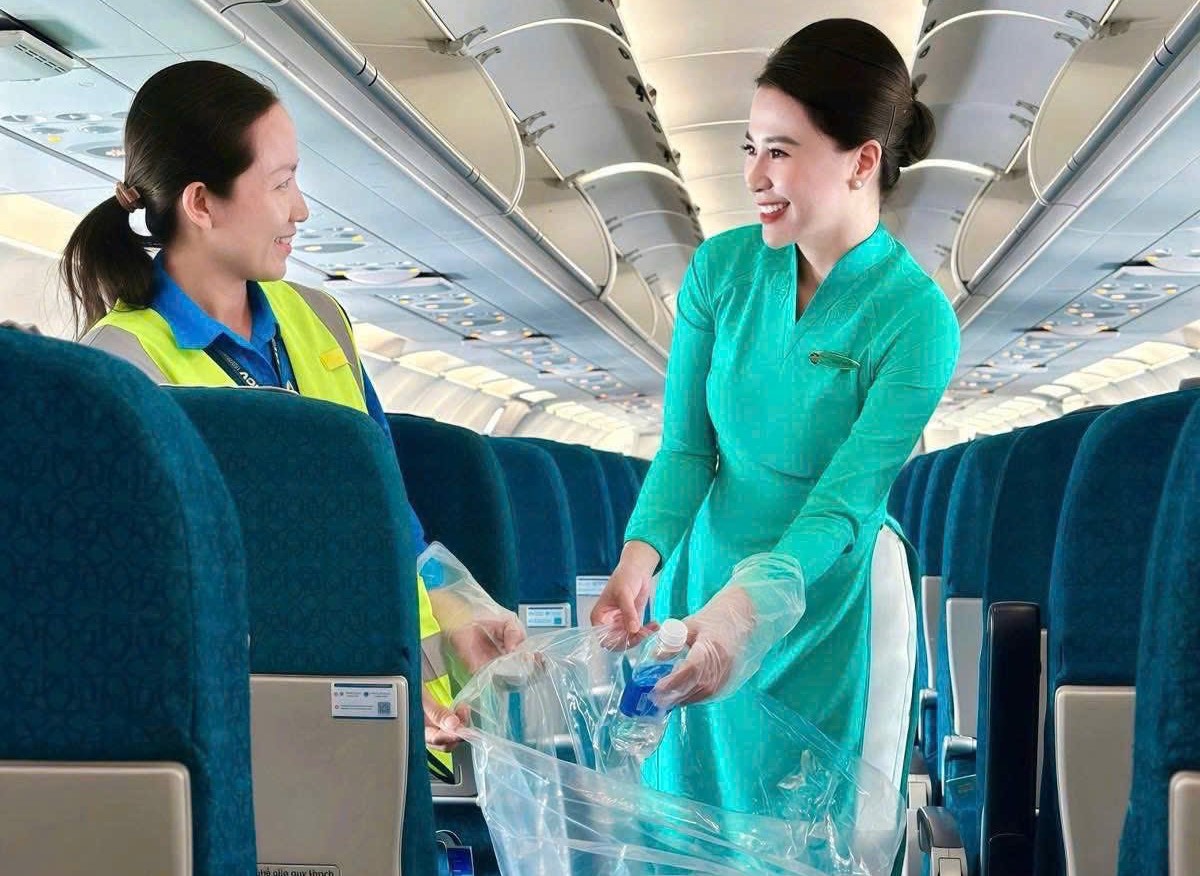The pandemic has laid bare the structural problems of airlines, and it is apparent that the crisis is deeper than the collapse in passenger numbers in the last 10 months. The industry needs a deep rethink and radical pivot.
It is often noted (albeit not entirely correctly) that the Chinese character for “crisis” is an amalgam of “danger” and “opportunity.” There is, to be sure, danger all around, but airlines may not like the opportunity. If they survive, most will no longer look like the carriers of even a decade ago.
The pandemic is the catalyst that will bring – must bring – overdue changes to the aviation sector. This begins with the very idea of what an airline should be. The notion of a flag carrier is an outdated leftover from a different era. It’s time to bury it.
Flag carriers are prestige projects. Few of them have consistently earned enough money to make persistent business sense. But politicians like the idea of traveling on their country’s very own airline, of their national carriers directly connecting them to global metropolitan centers.
 A China Southern Airlines flight attendant stands in front of the company’s logo. (Photo: Reuters / Nicky Loh)
A China Southern Airlines flight attendant stands in front of the company’s logo. (Photo: Reuters / Nicky Loh)
In many parts of the developing world, national carriers have been the ultimate ego booster for an elite class of politicians and men (often, politicians who are male): free flights or upgrades to first class; young women hired to act out soft-core fantasies of a seraglio in the air. All subsidized by the national exchequer.
Covid-19 means an end to this. Flag carriers were a luxury tolerated by the taxpayer, but there is no money to spare now; not in a crisis that is the Great Depression and the Spanish flu rolled into one.
But if national carriers are killed off, what happens to air travel? It means that instead of about 150 national airlines and dozens more private-sector ones, there will be a few large global carriers, like Emirates, Qatar Airways, Turkish Airlines, Singapore Airlines, KLM, etc.
These airlines have no (or few) domestic routes. They mostly carry passengers from point A to point C. Point B is the home airport of these airlines, where passengers transit. This is the hub-and-spoke model in international air travel. (There are domestic versions in large countries such as the US, China, etc).
So if you want to fly on Emirates from London to Perth, you must transit in Dubai, the carrier’s hub. But as it stands, you can’t fly on a Turkish or Emirates flight directly between Cape Town and London because the industry’s protectionist structure prevents it.
This system enables flag carriers to maintain a lucrative monopoly over heavily trafficked routes and ensures that competition is left to a minimum. Now, after the economic hit and government treasuries’ fiscal crisis from Covid-19, it’s finally time to move beyond this model and open up more routes under airlines’ “fifth-freedom” right – one of the rights of airlines under the Chicago Convention of 1944.
Under its fifth-freedom right, an airline is able to fly to a second country, pick up more passengers there, and then fly on to a third country. It can also disembark passengers ending their journey in the second country. A passenger’s journey doesn’t need to begin or end in the airline’s home country. Fifth freedom finally globalizes an industry that, funnily enough, operates globally.
There are already a handful of popular fifth-freedom routes, but they have been a highly contentious matter. Emirates operates a New York-Milan-Dubai route that allows passengers to fly between New York and Milan only. Singapore has a New York-Frankfurt-Singapore route.
Aviation officials in many countries, and those in the US in particular, have been hesitant to allow more fifth-freedom routes because they have the potential to cut significantly into the revenue of national carriers flying direct routes.
But if fifth-freedom routes were normalized, they would allow for a concentration of global carriers to compete in connecting disparate cities around the world through their hubs. Doing so would make the surviving airlines more commercially viable, while many legacy airlines die out.
Already, carriers such as Emirates and Turkish Airlines crisscross the African continent, for example. Ethiopian Airlines has also emerged as an unlikely continent connector.
But who would serve short and unprofitable – but necessary – routes, either domestically or intra-regionally?
These might be left to the remnants of national carriers, operated as a public service, and which might be subsidized through a tax on the global hub-and-spoke carriers serving the respective country. Or the national carriers can subsidize their withered-down operations by leasing out or selling their landing rights in choice international airports like London’s Heathrow.
Beyond this, airlines have to think beyond merely putting bums on seats as a way of making money. Amazingly, although plane seats are commodities, they are treated as luxury items. It’s time to treat seats and capacity more like soybeans. (To an extent, budget carriers do this, but they are still focused on earning money only from passengers.)
One way might be to monetize routes as tradable futures contract. Let syndicates buy up blocks of seats or cargo space on routes on specific dates or a range of dates and then sell tradable contracts on the expectation that these will be filled, canceled or left unsold by the syndicates. That’s just for starters. But you get the idea: Radical ideas are needed.
Like it or not, the aviation industry is changing because of Covid-19. In fact, the pandemic has accelerated airlines’ crisis. To address this, the industry must focus on removing outdated barriers to global carriers. Without this, airlines will end up with all danger but will miss out on the opportunities.
Cre: Syndication Bureau
Nguyen Xuan Nghia – COMM









